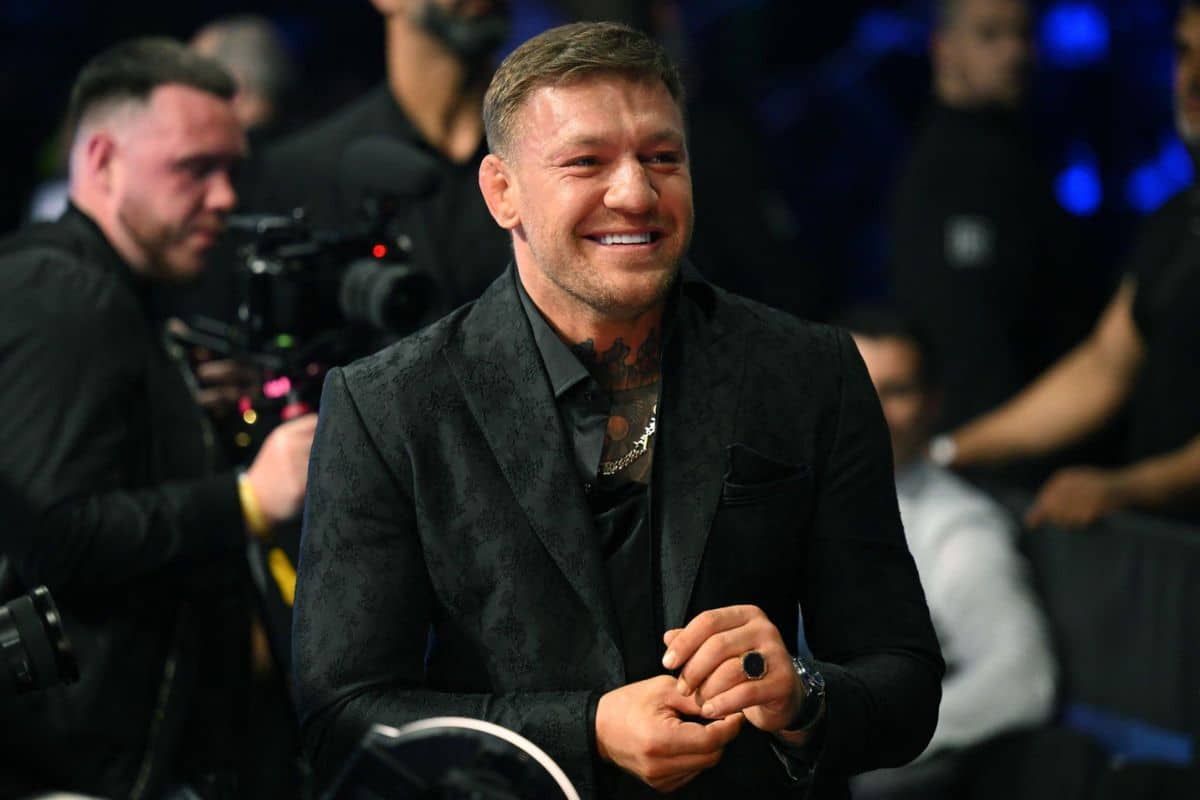In a significant turn of events, the U.S. Anti-Doping Agency (USADA) has confirmed the reentry of UFC fighter Conor McGregor into the drug-testing pool, signaling a potential comeback for the renowned athlete. However, this announcement comes with a notable caveat: USADA’s partnership with the UFC will conclude on January 1, 2024, as conveyed in a statement by CEO Travis Tygart.
Tygart revealed that discussions about a contract renewal between the UFC and USADA had been “positive and productive” in May. Nevertheless, he pointed out that the UFC had reversed its decision, informing USADA on Monday that they would be taking a different path. The UFC initially enlisted USADA to oversee its anti-doping program back in 2015.
The relationship between the two organizations became “untenable” due to the situation involving McGregor, the UFC’s top star, according to the USADA statement.
Tygart emphasized in his statement, “Fighters’ long-term health and safety, in addition to a fair and level playing field, are more important to USADA than short-term profits at the expense of clean athletes.”
Also Read: Natalia Silva Continued Her Unbeaten Run In The UFC By Win Against Andrea Lee
McGregor had voluntarily removed himself from the USADA drug-testing pool following a leg injury sustained in a fight against Dustin Poirier in July 2021. As per the UFC’s anti-doping policy administered by USADA, a fighter returning to the pool must spend a minimum of six months in it and pass two drug tests before resuming competition. An exception to this rule was permitted, allowing the UFC to waive the six-month requirement if it was deemed unfair to the fighter. Nevertheless, the fighter was still obligated to pass two drug tests.
USADA stated in November 2022 that, in McGregor’s case, such an exemption would not apply. In essence, USADA insisted that McGregor complete the full six-month testing period.
The dispute between the two organizations escalated due to what Tygart described as “statements made by UFC leaders and others questioning USADA’s principled stance.” This was a clear reference to comments made by UFC president Dana White during a July interview with TSN, where he suggested that McGregor might fight before the year’s end, implying that the six-month testing requirement could be bypassed.
In response to the situation, UFC color commentator Joe Rogan voiced concerns on his podcast last month, suggesting that the UFC should handle its drug-testing procedures internally. He argued that certain USADA regulations, including the six-month rule and the prohibition of fighters using banned substances for therapeutic purposes, might have unintended consequences.
Tygart addressed Rogan’s remarks in his statement, emphasizing that “we do not allow fighters without an approved medical basis to use performance-enhancing drugs like experimental, unapproved peptides or testosterone for healing or injuries simply to get back in the Octagon.”
As of now, neither the UFC nor McGregor’s team has responded to these developments. USADA has expressed uncertainty about whether the UFC will adhere to the six-month requirement for McGregor, especially with the impending end of their partnership next year. This could potentially mean that McGregor may return to the Octagon before the stipulated six months have passed, further complicating the situation.
Tygart concluded his statement with disappointment, citing the potential implications for UFC athletes who depend on USADA’s global program for a clean and fair Octagon. He noted, “The UFC’s move imperils the immense progress made within the sport under USADA’s leadership.”
